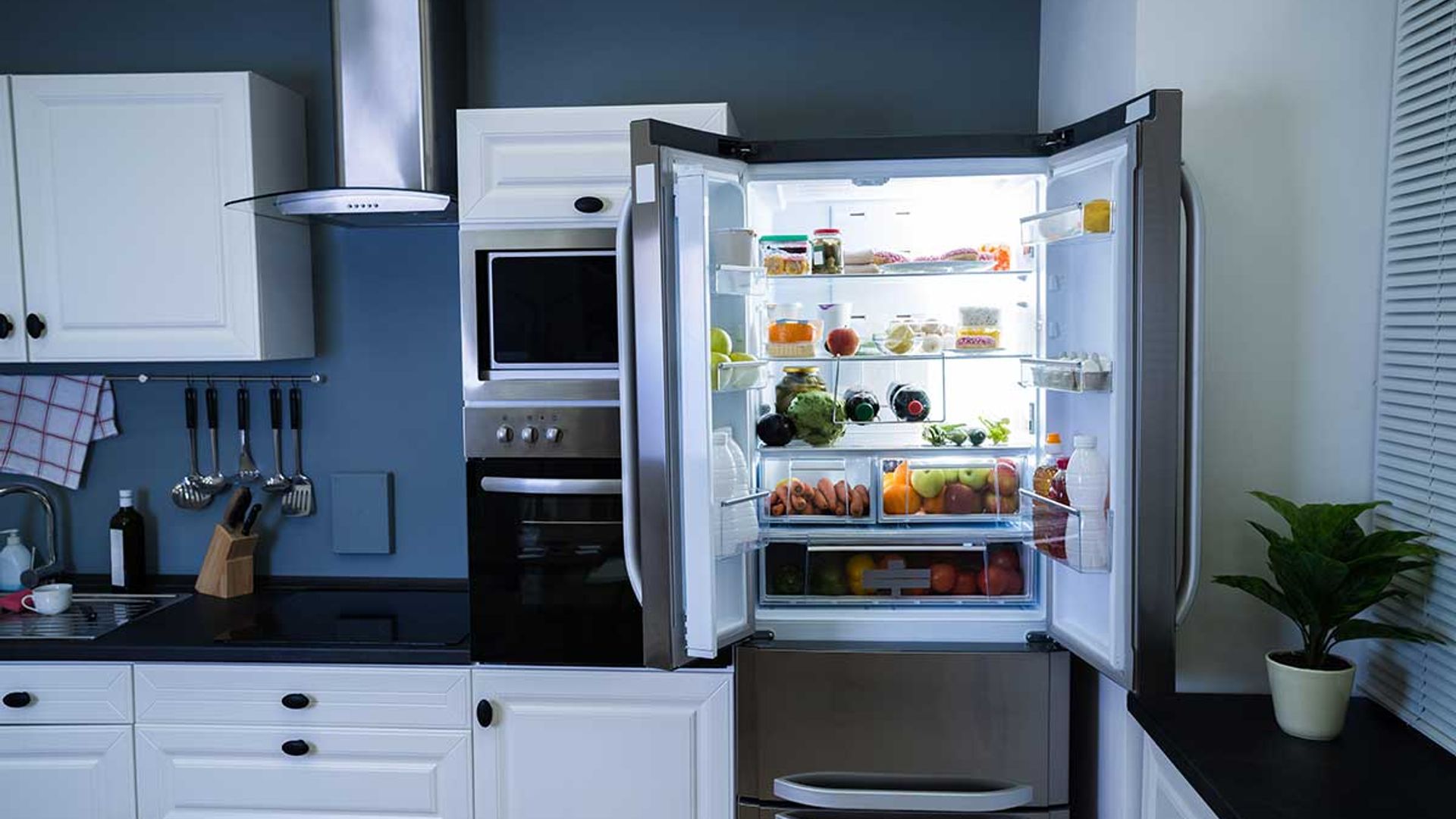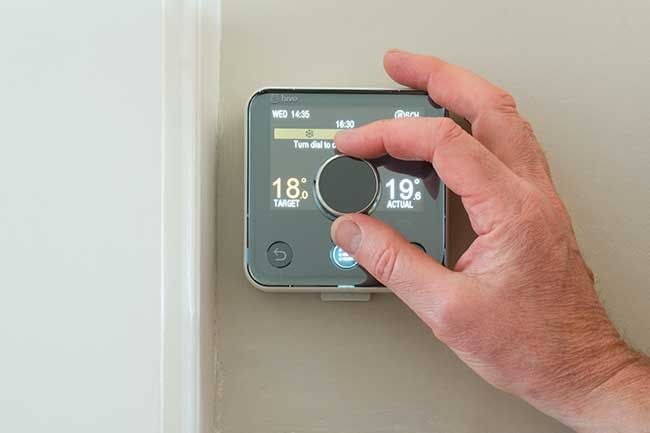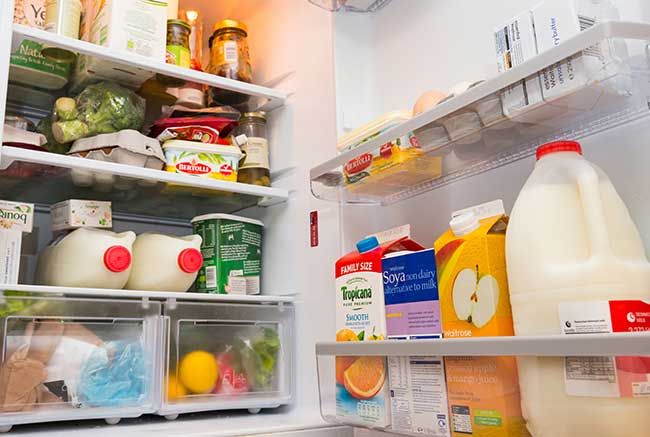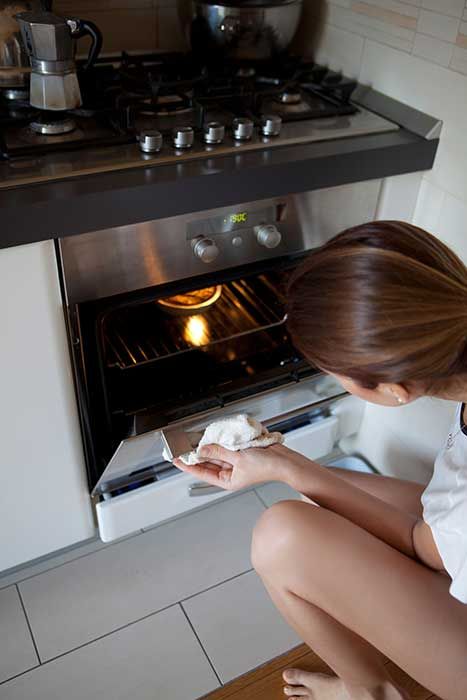We're all looking for ways to reduce our energy bills following recent predictions that the energy price cap could reach record highs of £4,266 a year from January 2023. And while we all know that using heating or air conditioning units can ramp up our bills, you may be surprised to learn that other essential home appliances could be costing you hundreds to run every year.
STORY: 6 water-saving tips during the hosepipe ban - and some may surprise you
Energy experts at Radiators Online have looked at some of the worst offenders and calculated how many kilowatt-hours (kWh) they need to run on average, to calculate which are most expensive to run – along with sharing their tips for reducing your energy consumption.
1. Air Conditioning & Heating
"Your HVAC system is the biggest consumer of energy in your home. Most HVAC systems run 24 hours a day; therefore, depending on the efficiency of your unit, on average, it may use 72kWh in a day, costing you a staggering £4,967.65 a year and £13.61 every day.
RELATED: 13 instant changes to reduce your energy bills
"To save money, invest in a programmable thermostat. If you assumed the energy costs of running a fan are minimal, you’d be right. Consider direct current fans. They use so little energy that operating one at full speed for 24 hours a day would cost between £24.83 and £164.25 a year."
2. Water Heating
"It shouldn’t come as a surprise that heating and cooling take the top rank on the list of worst energy consumers, but we bet number two is! That’s right - your water heater uses more energy than you think. For example, it takes about 4000 watts for a water heater to run for one hour, and the average water heater runs for 3 hours. This means it uses 12kWh per average, costing you about £828.55 if used daily for a year.
"But you don’t have to break the bank to heat the water in your home; heat pump water heaters don’t directly generate heat from electricity. Instead, they use electricity to transfer heat using only around 500 watts."
3. Refrigerator
"A refrigerator must run 24 hours a day to keep your food fresh. This appliance needs 180 watts per hour to run, which means it requires 4.32 kWh to run for 24 hours. Multiplying this by 365 days at the average price per kWh, we find that your fridge is costing you £299.30 per year. This means you spend more than £200 yearly to keep your food fresh.
MORE: Savvy mum feeds her family 5 meals for just £25 with these recipes
"Although a refrigerator is necessary, paying for it with expensive electricity is not essential. Instead, purchase a less-expensive appliance to lower the cost, such as propane fridges. "
4. Dishwasher
"Many believe washing dishes with a dishwasher saves us more time than hand washing, and they may be right. But what about the high electricity costs that come with this? It takes about 1800 watts for a dishwasher to run for one hour, and the average washer runs for about 2 hours. This means it uses 3.6 kWh per average, costing you about £240.20 if used daily for a year."
STORY: Quick energy saving kitchen hacks to combat the cost of living crisis
5. Oven
"If you enjoy baking, you might know how much energy this appliance consumes. But, did you know that how you use your oven affects how much electricity you use? We’re guilty of opening and closing the oven door while it’s on, but this habit can be costly. We estimated that an oven is used, on average, for about an hour a day. It takes about 2400 watts for an average oven to run. Therefore, it requires 2.4 kWh for 1 hour of use and costs about £164.25 to use daily for a year."
Like this story? Sign up to our HELLO! Mail newsletter to get other stories like this delivered straight to your inbox.











